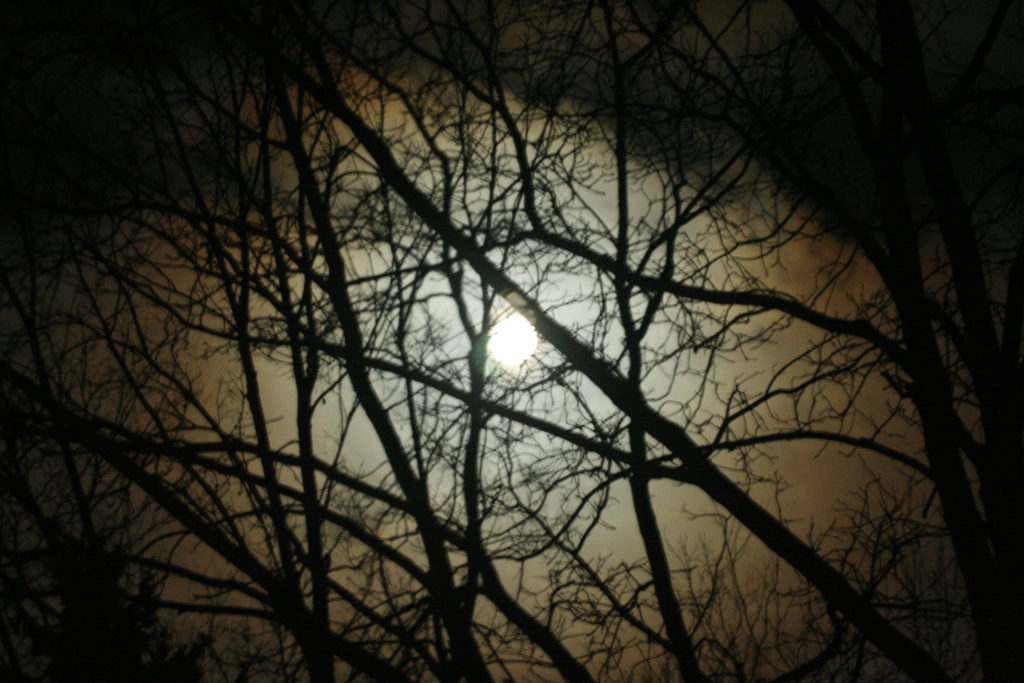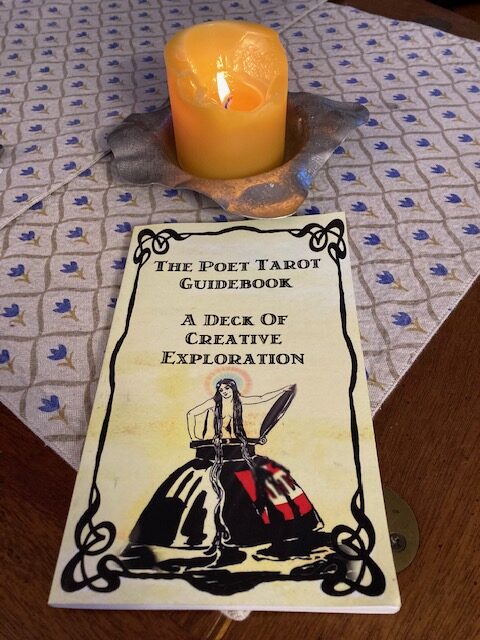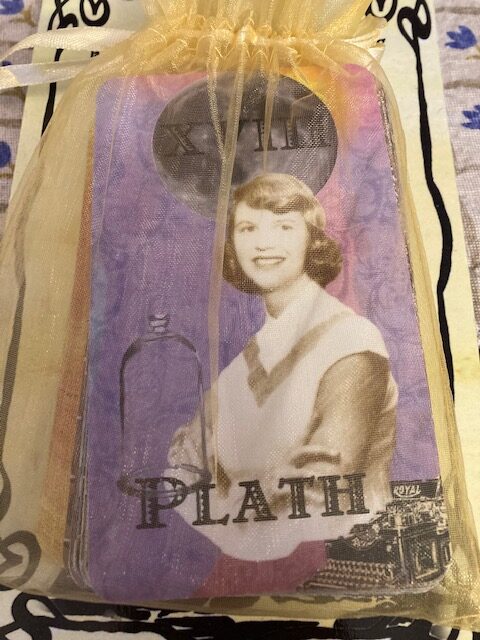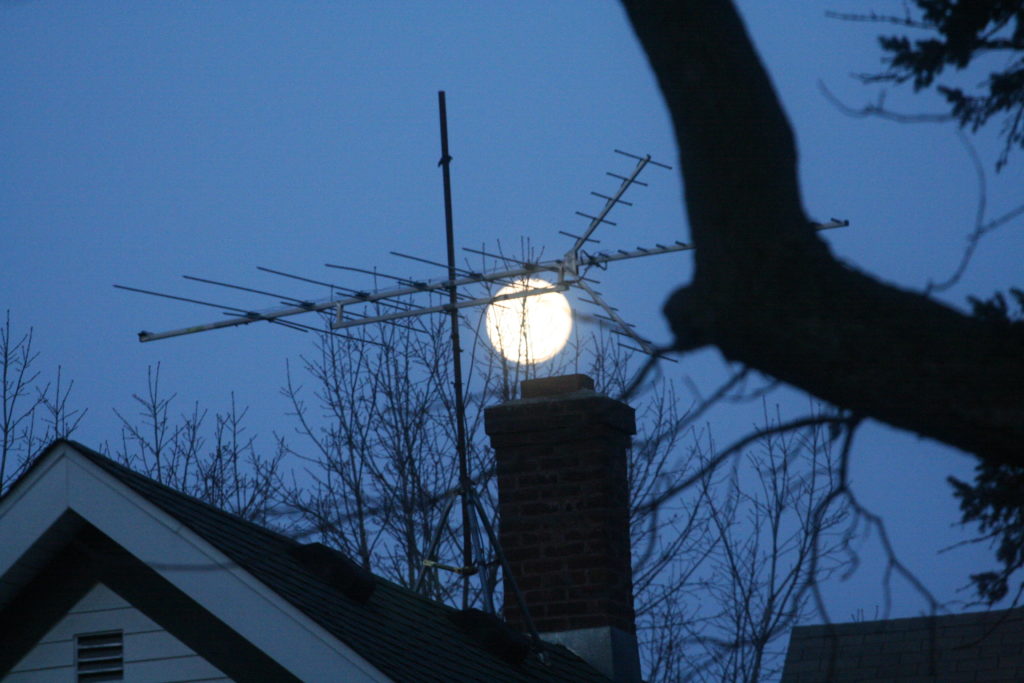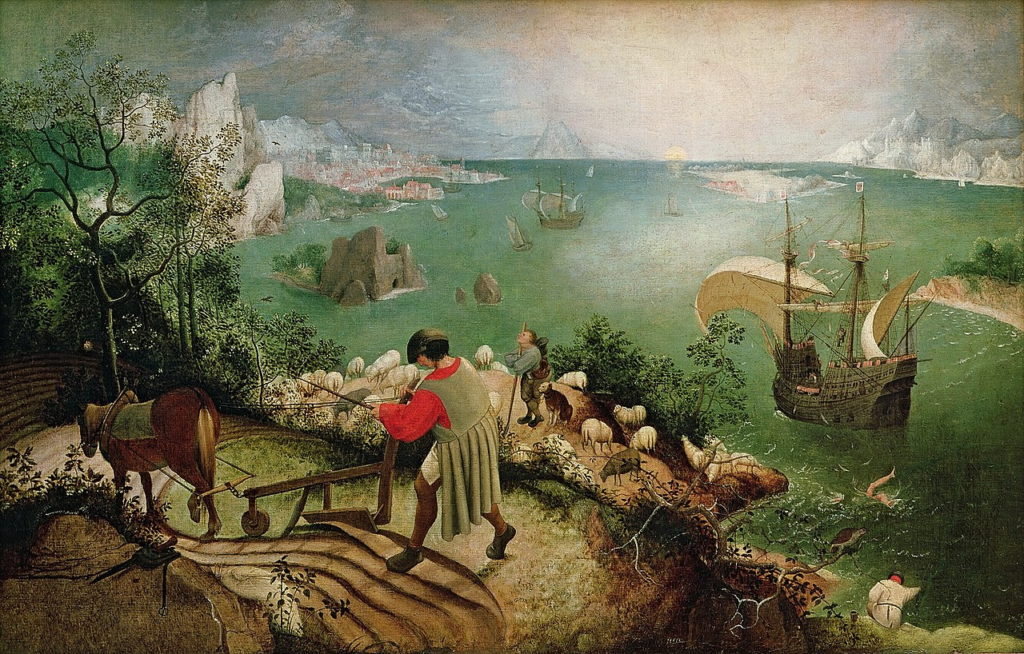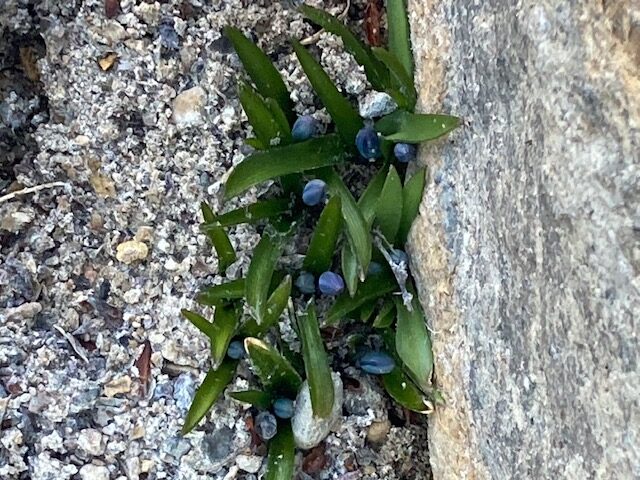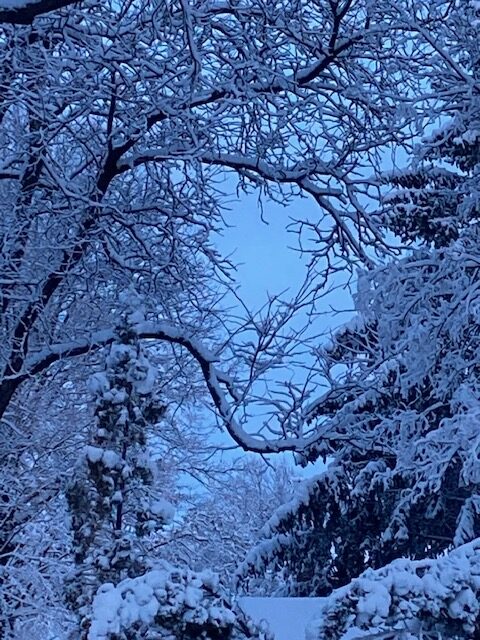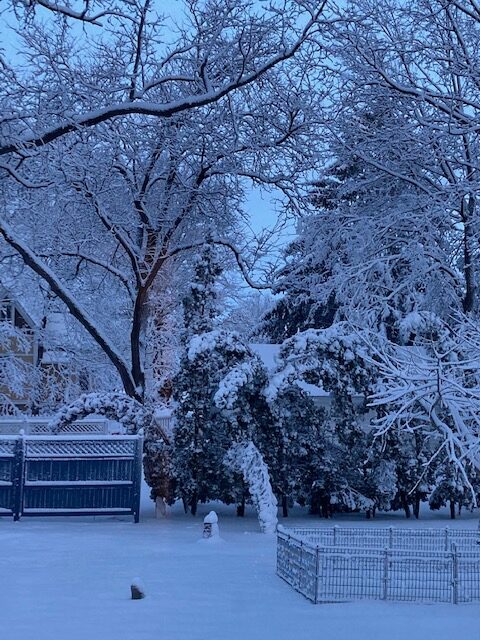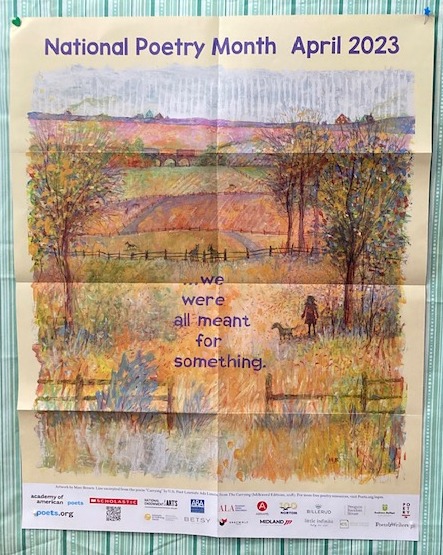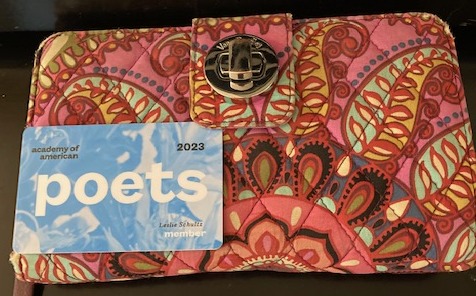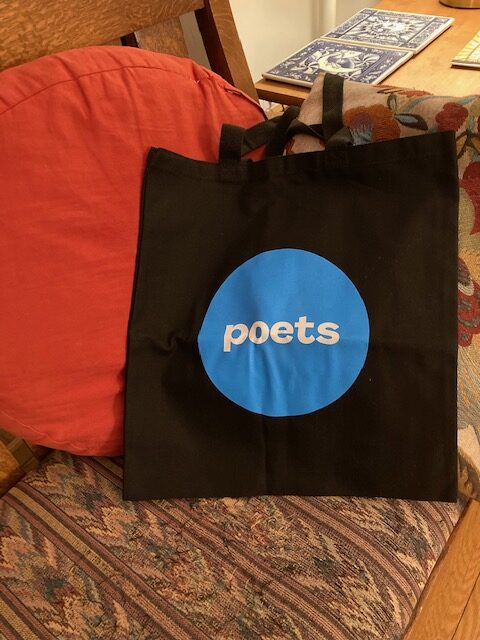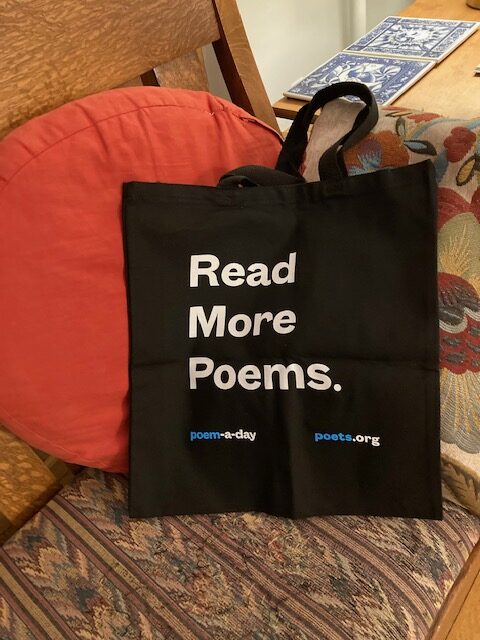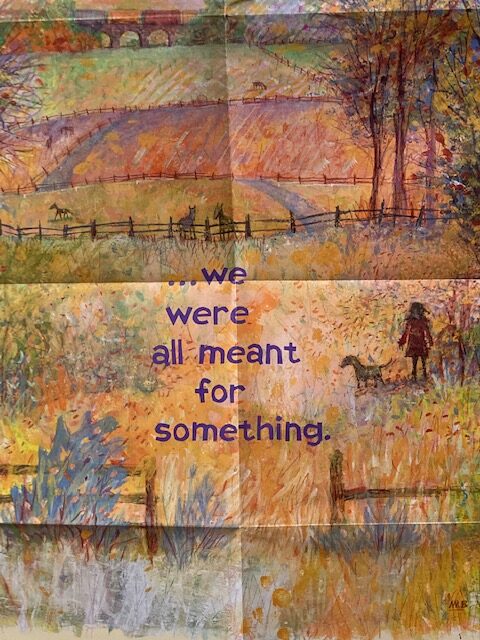
The mid-century formalists are perennial sources of delight and inspiration for me. Last April, I wrote about a couple of posts about some of them on this blog but had somehow neglected to mention Anthony Hecht (1923 to 2004).

Like many WW II veterans, Hecht often had a bleakness of vision but he combined it with an elegant, skillfully musical formal counterpoint that lifts his poems into some country of their own. One of my early favorites among his early poems comes from his first volume, A Summoning of Stones. It is called “Samuel Sewall,” and it delights me for its mordant wit and historical erudtion. Here are the first two lines:
Samuel Sewall, in a world of wigs, Flouted opinion in his personal hair...
As you probably recall from Arthur Miller’s play, “The Crucible,” Sewall sat as judge at the infamous Salem Witch Trials. (In his later years, he apologized for that insanity. He also wrote an influential essay criticizing slavery.) Hecht’s poem leaves aside all broader issues and allows him to give voice to a pressing but personal concern touching personal expression versus the judgments of others in the Puritan world of 17th century Massachussetts. For me, it restores Sewall’s humanity even at it retains his sense of lofty entitlement to sit in judgment. (Marked by my participation in a high school production of Miller’s play, until I read Hecht’s poem I had seen Sewall not simply as a flawed human but as a species of officious monster.)
Other poems of Hecht, such as “It Out-Herods Herod. Pray You Avoid It,” “Dover Bitch,” (a reply to Matthew Arnold’s “Dover Beach”) “More Light,” “The End of the Weekend,” and “The Ghost in the Martini” (which includes the delightful rhyming of “martini” with T.S. Eliot’s “Apeneck Sweeney”) are wonderful in a different way and much more celebrated, but none gives me more pleasure than this small historical moment imaginatively reconstituted.
Do you have a favorite among Hecht’s poems? If so, please let me know. I think his work is little read these days.
Context for Today’s Poem: “A Drive in the Country”
Spring is a long time coming is my corner of the world this year. Today we expect not only more rain but possible flooding. Today’s poem is an attempt to look clear-eyed at the current ugliness on the surface of the season and to perceive said unsettled ugliness as a necessary precondition of change and growth. I suppose the poem is a recognition of one more way that nature–planetary systems of growth, decay, revision, and rebirth–are wiser than I–as if this were not already apparent to me everyday!
(If you would like to receive the daily poem this April, but aren’t yet, drop me a line at winonapoet@gmail.com)

Until tomorrow,
LESLIE

